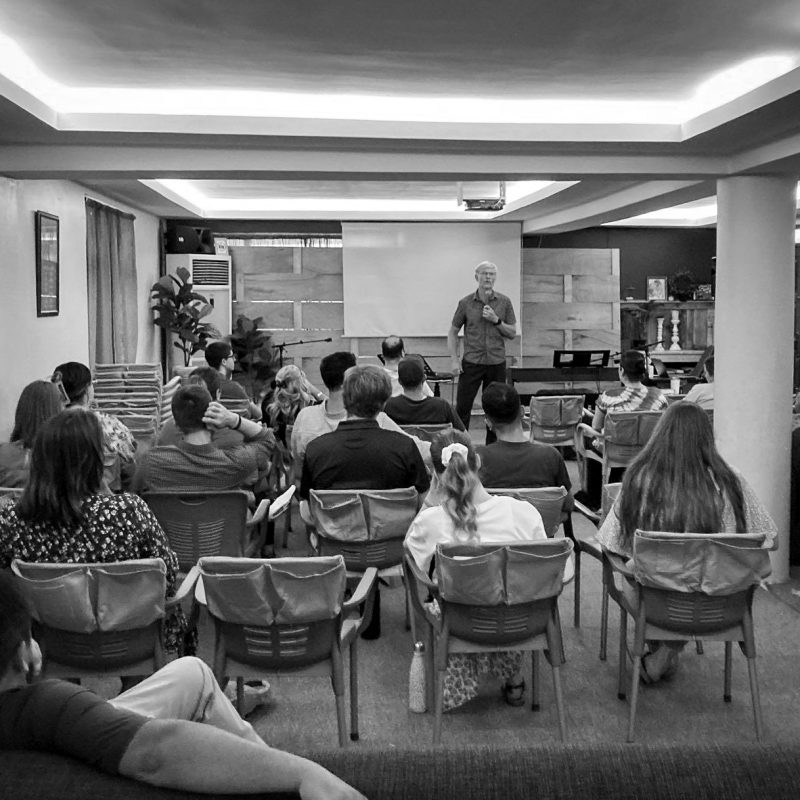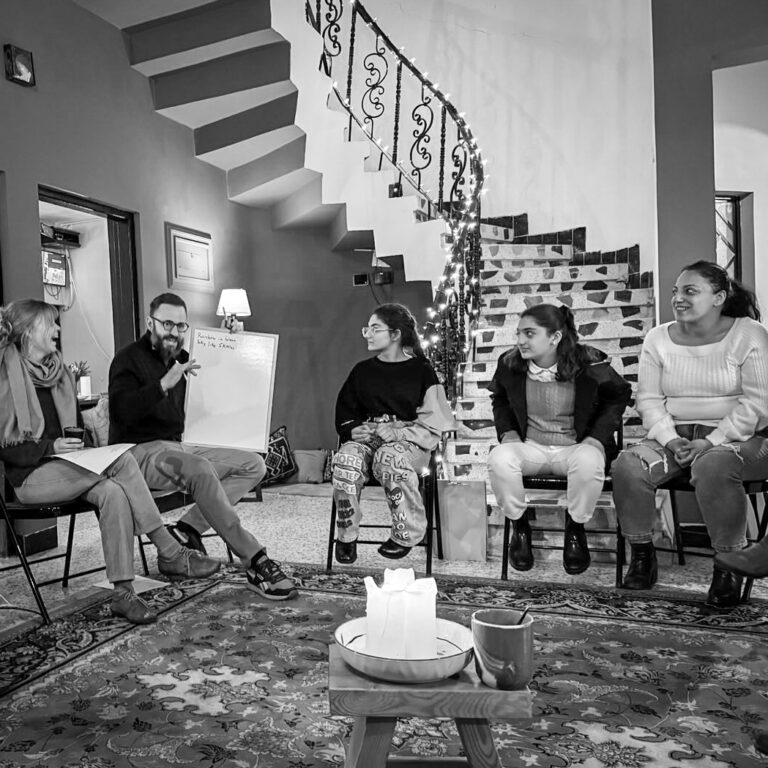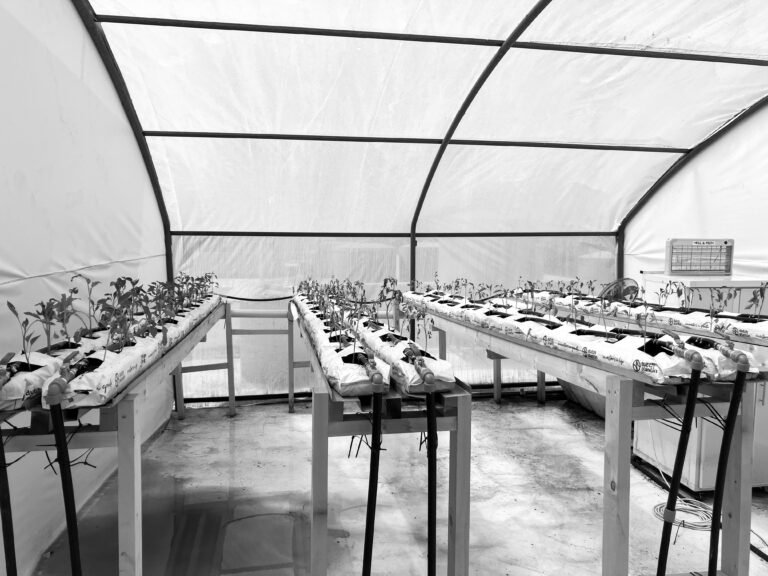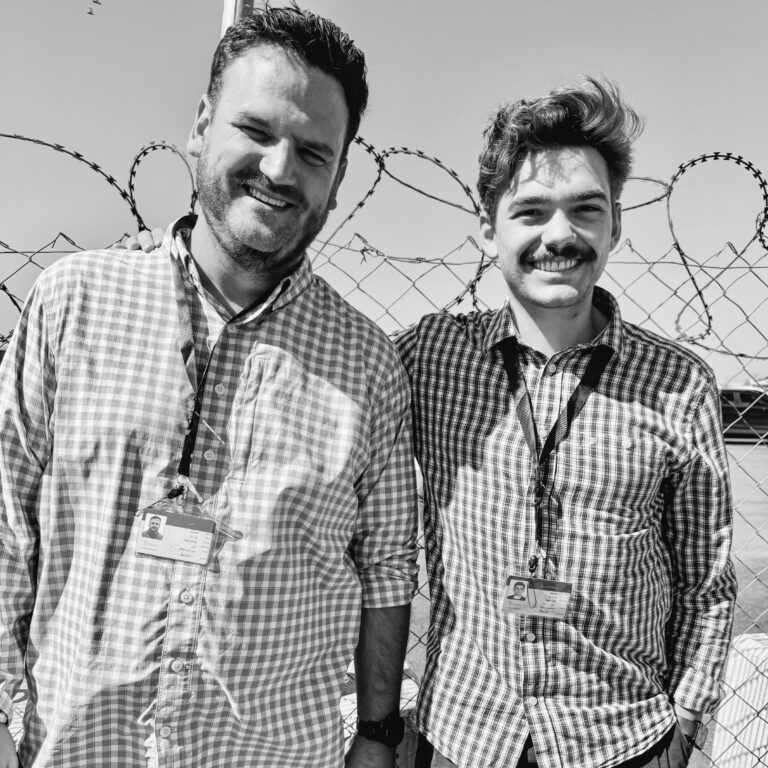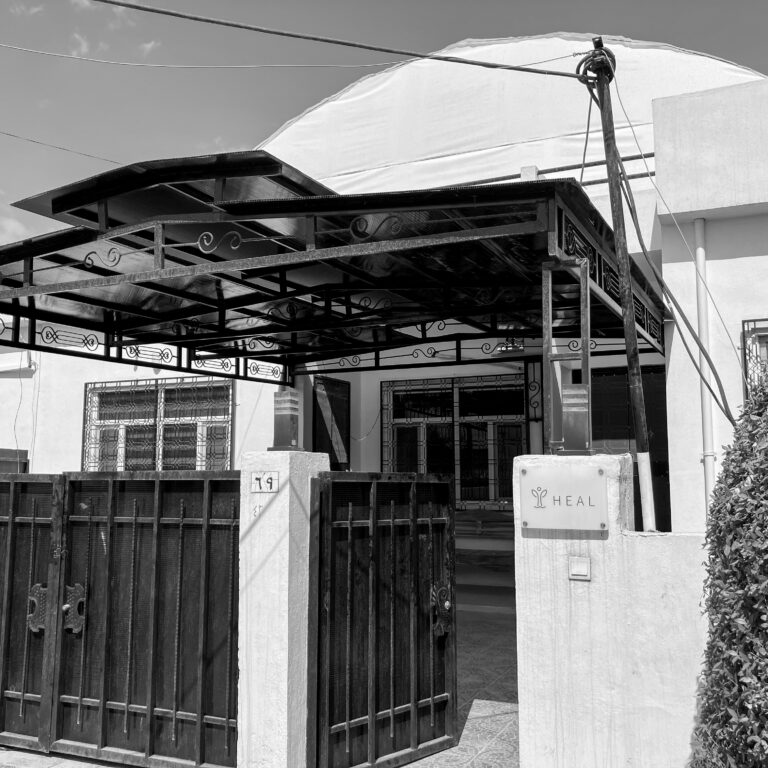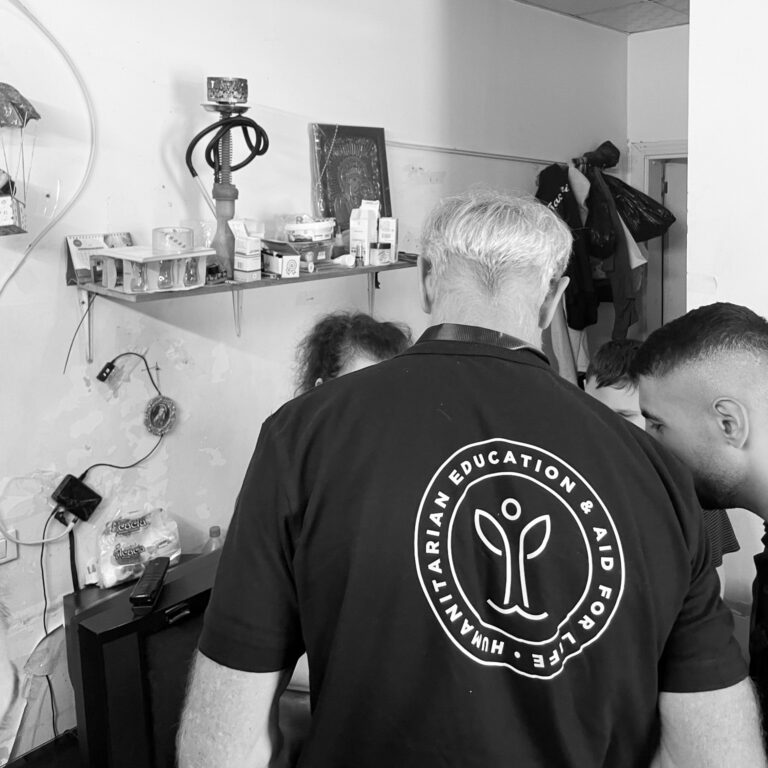In the fall of 2024, HEAL, in partnership with another non-profit that generously provided the venue, hosted an lunch and lecture in Erbil, bringing together expatriates and migrant workers for a enlightening session with Dr. Cornu, a South African M.D. with an approach to integrated medicine. Dr. Cornu introduced those in the audience to the topic of integrated medicine, a powerful approach that blends Western and modern medical science with the holistic wisdom of homeopathic traditions to address health challenges comprehensively. For Erbil’s expat community, navigating a unique set of obstacles in a dynamic environment, his guidance offered a practical path to lasting wellness.
The Health Challenges Facing Erbil’s Expats
Living as an expatriate in Erbil, the vibrant capital of Iraq’s Kurdistan Region, comes with distinct health hurdles. The city’s medical facilities, while improving, often lack specialized care or English-speaking professionals, making it difficult to address complex health needs. Environmental factors, such as dust storms and scorching summer heat, exacerbate respiratory issues and dehydration risks. The stress of cultural adjustment, bureaucratic complexities, and isolation can weigh heavily on mental health, yet mental health services remain scarce. For expats working with Erbil’s large refugee population of approximately 450,000, exposure to infectious diseases adds another layer of concern. These challenges demand a flexible, proactive approach to health—one that integrated medicine, as Dr. Cornu advocates, is uniquely equipped to provide.
Dr. Cornu’s Integrated Medicine Approach
Dr. Cornu’s lecture introduced integrated medicine as a holistic solution that combines evidence-based Western treatments with time-tested homeopathic remedies to support the body’s natural healing processes. Central to his talk was the concept of metabolic flexibility, the body’s ability to seamlessly switch between two energy systems: the glucogenic system, which produces glucose from proteins and other sources for quick energy, and the ketogenic system, which generates ketones from fats for sustained fuel during low-carbohydrate states. By optimizing these systems, integrated medicine enhances energy production and overall health, addressing both physical and environmental stressors.
For Erbil’s expats, metabolic flexibility is a game-changer. It stabilizes energy levels despite irregular work schedules or limited access to high-quality foods. It also builds resilience against environmental challenges, such as Erbil’s dry climate and dust, which increase hydration and respiratory demands. By reducing reliance on hard-to-source medications through natural remedies, integrated medicine empowers expats to maintain wellness in a setting with limited medical infrastructure. Dr. Cornu emphasized that homeopathic remedies, tailored to individual needs, can support organs like the liver and ease dietary transitions, ensuring the body adapts efficiently to changing energy demands.
Dr. Cornu’s lecture illuminated a sustainable path to wellness for Erbil’s expatriates through integrated medicine and metabolic flexibility. We extend our heartfelt thanks to Dr. Cornu for generously volunteering his time and expertise, inspiring our community to embrace holistic health. Please feel free to connect with HEAL to explore ongoing initiatives or to join our next educational event.
